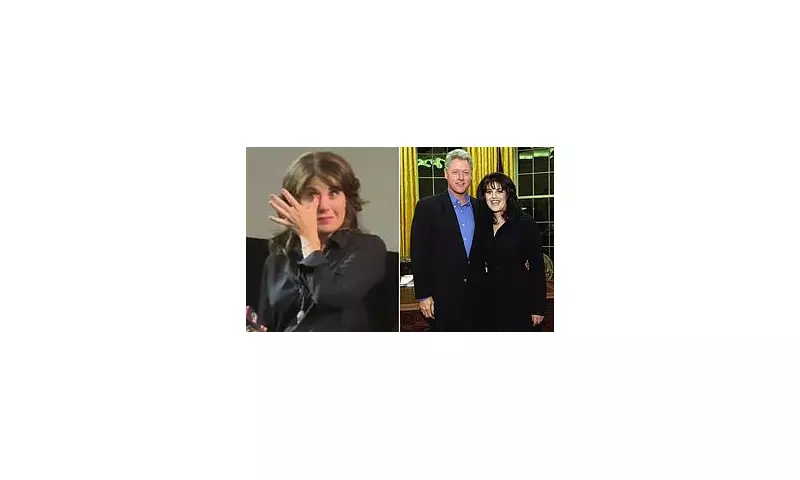
Twenty-five years after the world first learned her name, Monica Lewinsky is stepping back into the spotlight with renewed purpose and perspective. The former White House intern, whose name became synonymous with one of the most sensational political scandals in American history, is breaking her silence about her affair with President Bill Clinton in a deeply personal new essay.
The Weight of Public Shame
In her powerful written piece, Lewinsky reflects on the immense trauma she experienced as her private life became international news. 'The public humiliation was unlike anything I could have imagined,' she writes, describing how overnight she transformed from an anonymous young woman into a household name for all the wrong reasons.
The psychological toll of being at the centre of a global media storm left deep scars, with Lewinsky detailing years of struggling to rebuild her life and identity in the aftermath.
Reclaiming Her Narrative
What makes this moment different, according to Lewinsky, is that she's finally telling her story on her own terms. 'For too long, other people controlled my narrative,' she explains. 'Now I'm taking back my voice and sharing what I've learned about resilience, survival, and the human cost of political scandals.'
Her decision to speak out now comes from a place of hard-won wisdom and a desire to help others who have experienced public shaming or workplace power imbalances.
The Clinton Legacy Revisited
The affair, which led to President Clinton's impeachment in 1998, remains one of the most defining political moments of the late 20th century. Lewinsky's reflections come at a time when society is re-evaluating historical relationships through a modern lens, particularly those involving significant power differentials.
Her testimony provides a crucial perspective that was often overlooked during the original scandal - that of the young woman caught in the crossfire of political warfare and media frenzy.
A Voice for Change
Beyond simply recounting past events, Lewinsky is using her platform to advocate for cultural change. She discusses the importance of empathy in public discourse and the need for more nuanced conversations about consent, power dynamics, and redemption.
'We've come a long way in how we discuss these issues, but we still have further to go,' she notes, pointing to how the #MeToo movement has shifted public understanding of workplace relationships.
Her journey from political scandal footnote to anti-bullying activist and producer demonstrates a remarkable transformation - one that continues to evolve as she finds new ways to make meaning from her experiences.






